Spelling practice Building Vocabulary Worksheets for Ages 3-7
43 filtered results
-
From - To
Enhance your child's vocabulary and spelling skills with our engaging "Spelling Practice Building Vocabulary Worksheets" designed for ages 3-7. These fun and interactive worksheets are crafted to foster early reading abilities, promote word recognition, and enhance spelling proficiency. Featuring colorful and captivating images, each worksheet transforms learning into a delightful adventure for young learners. Suitable for homeschoolers, educators, and parents looking to enrich their child's early educational experience, our resources help build a strong language foundation, ensuring your little ones develop essential literacy skills. Start their journey to becoming confident readers and proficient spellers today!
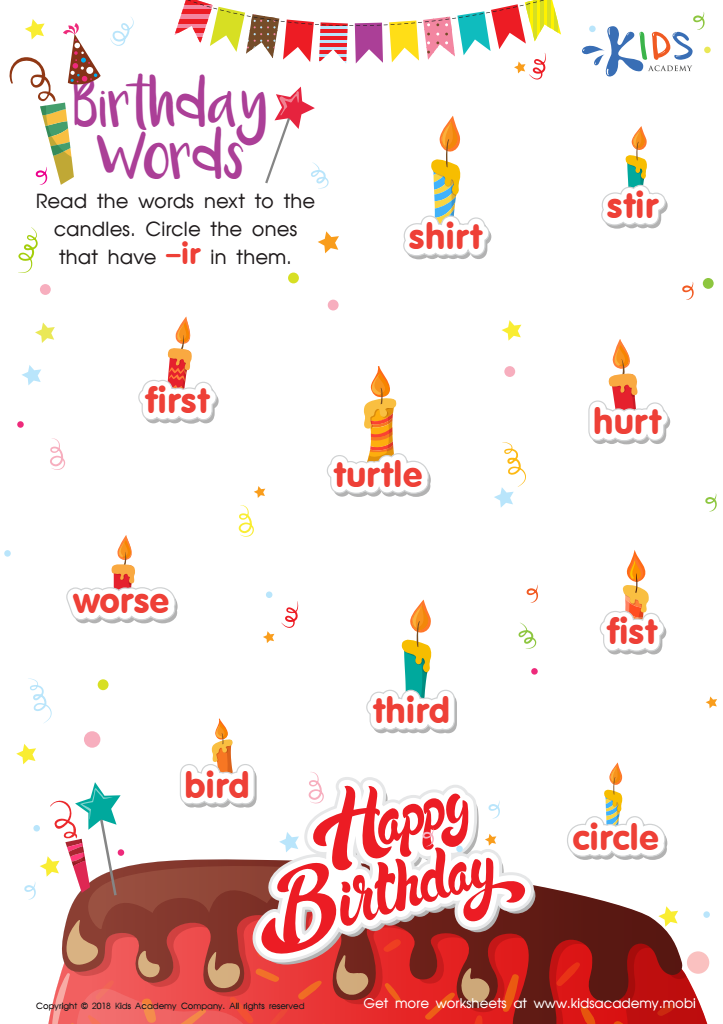

Birthday Words Worksheet
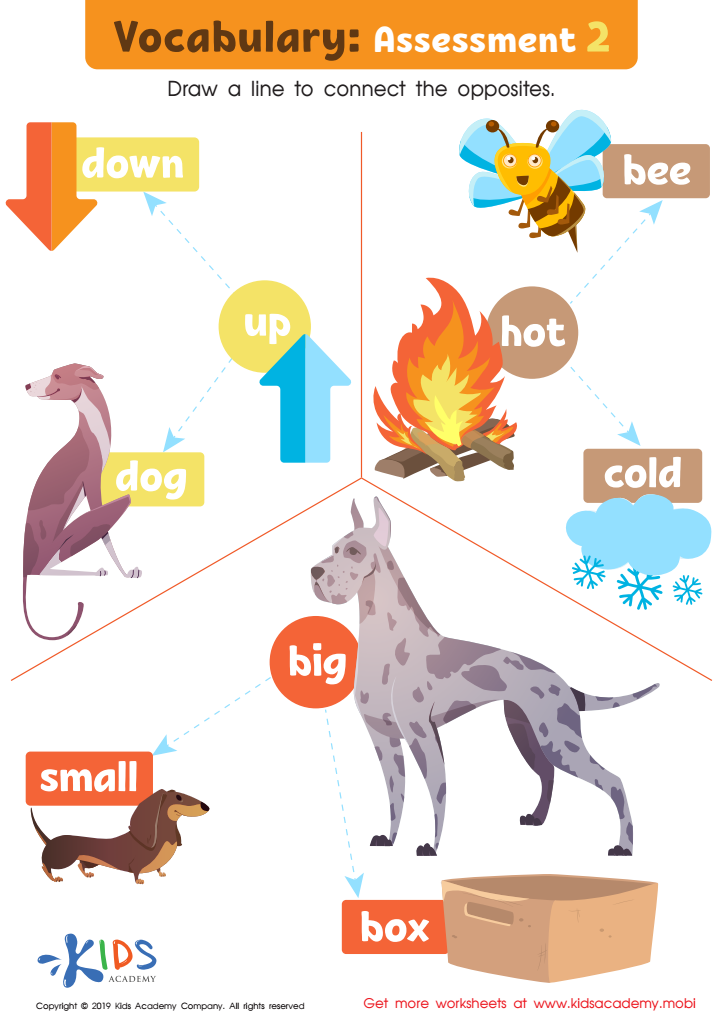

Vocabulary: Assessment 2 Worksheet
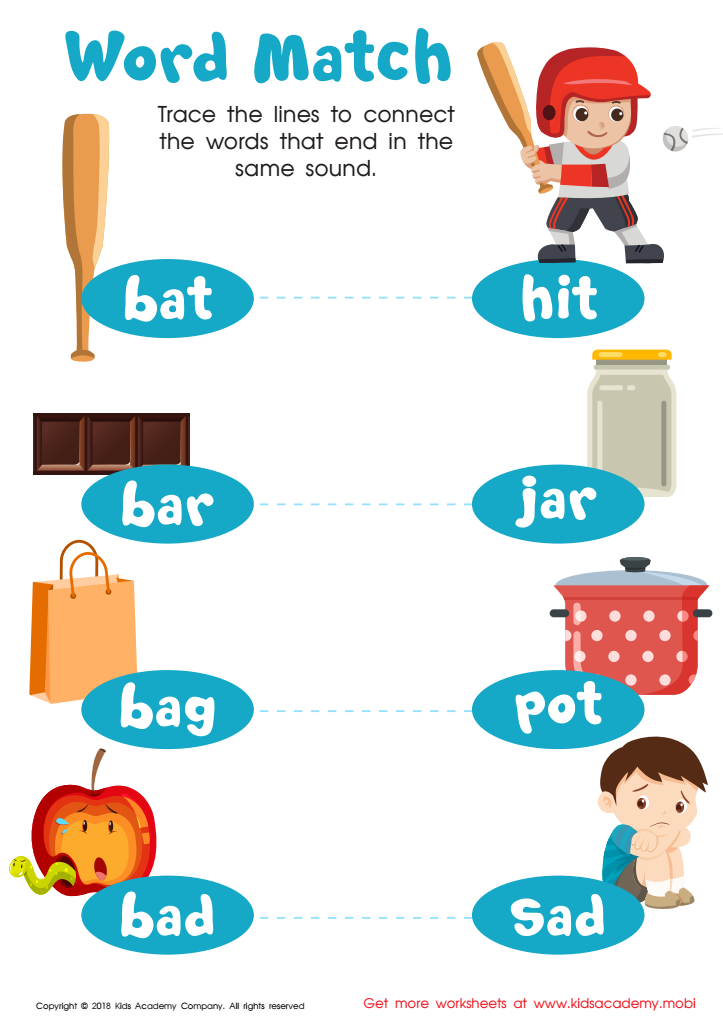

Word Match Reading Worksheet
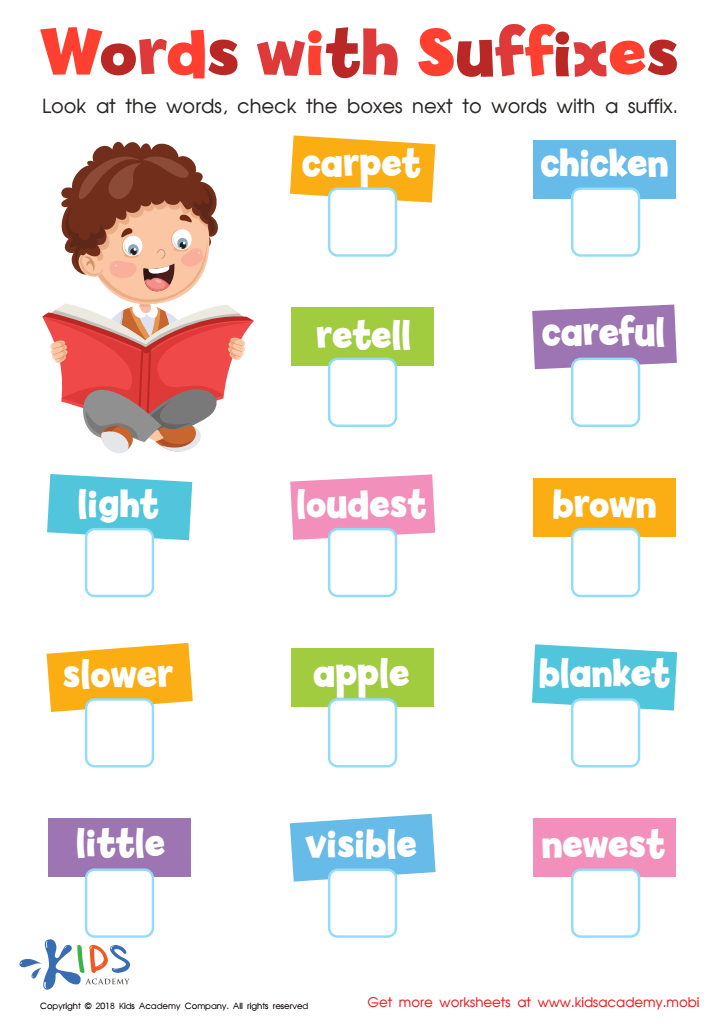

Reading: Words With Suffixes Worksheet
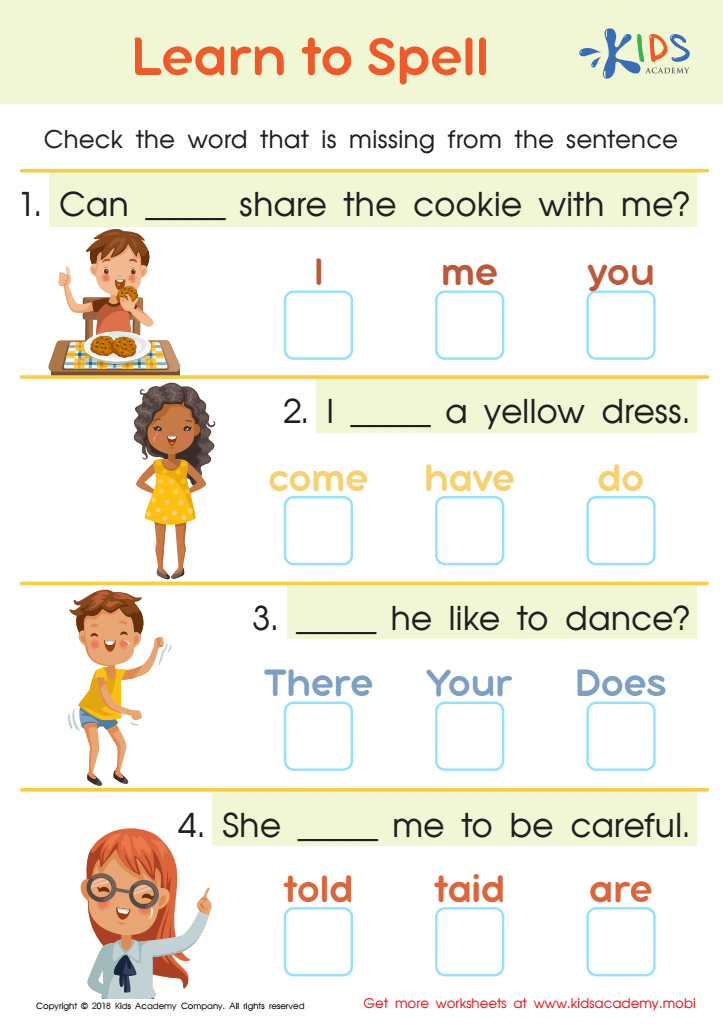

Learn to Spell Worksheet
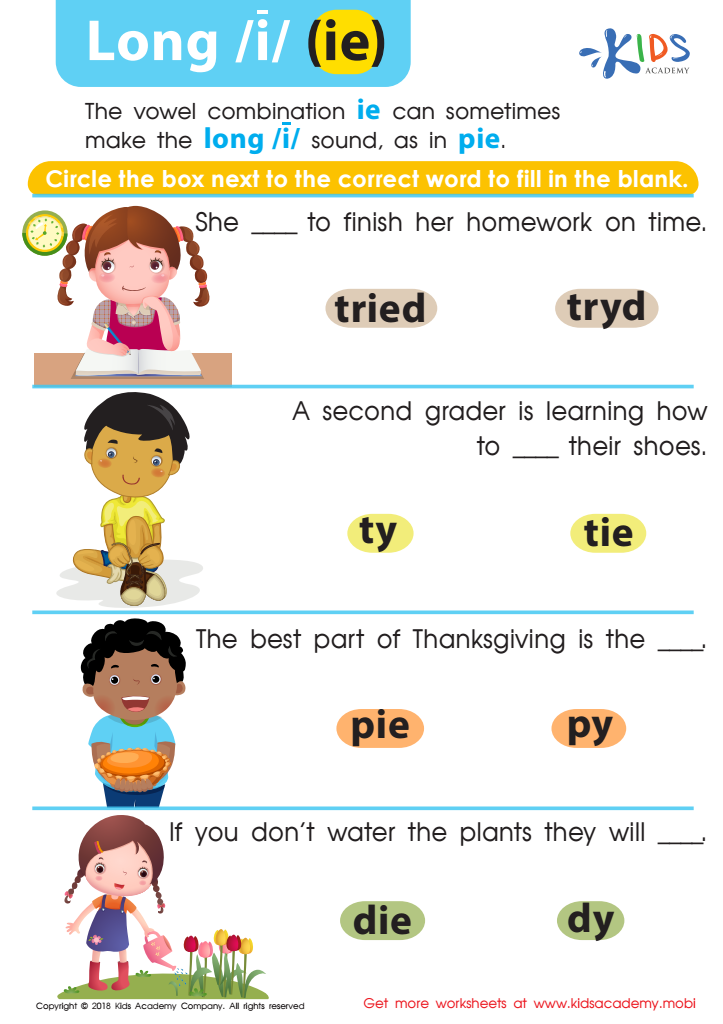

Reading: Long I and IE Worksheet
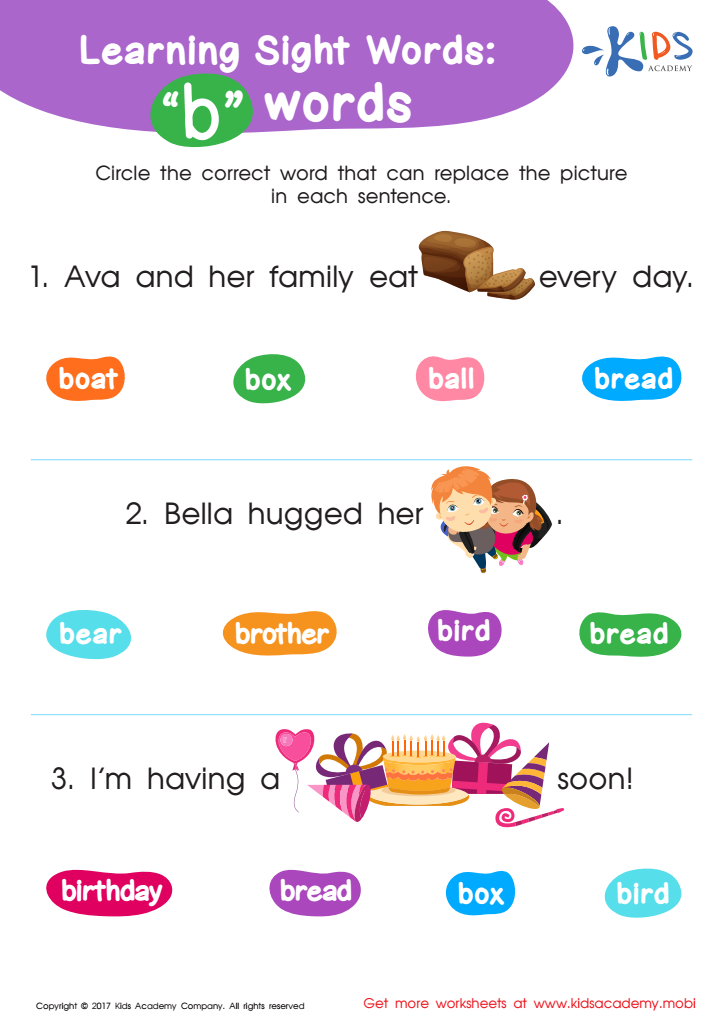

Sight Words Free Worksheet – B Words
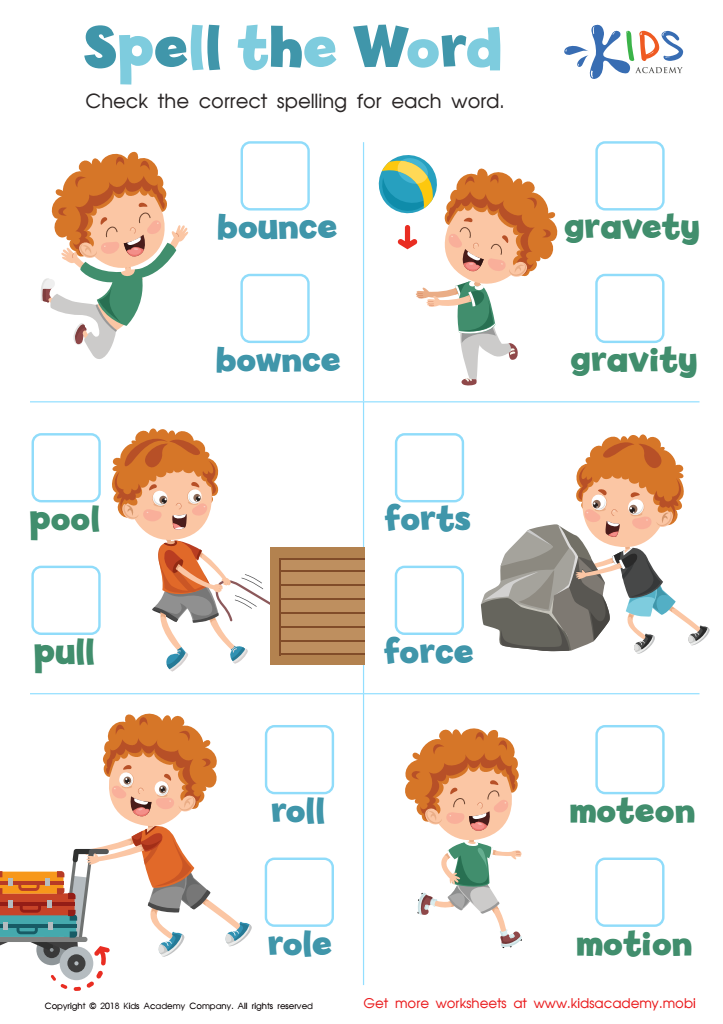

Spell the Word Worksheet
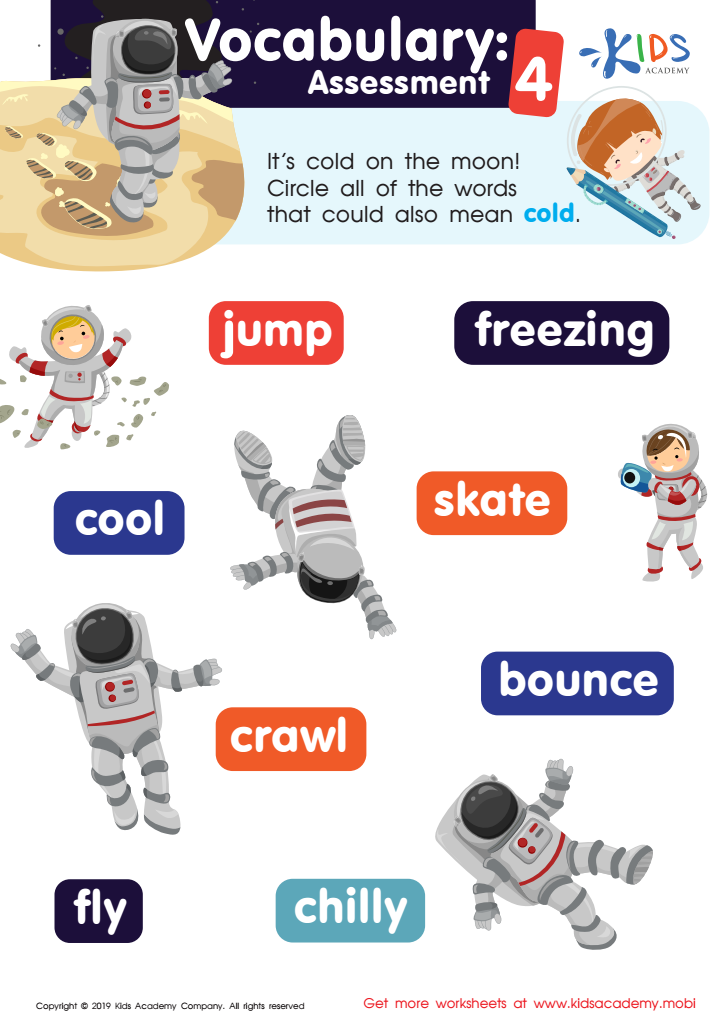

Vocabulary: Assessment 4 Worksheet
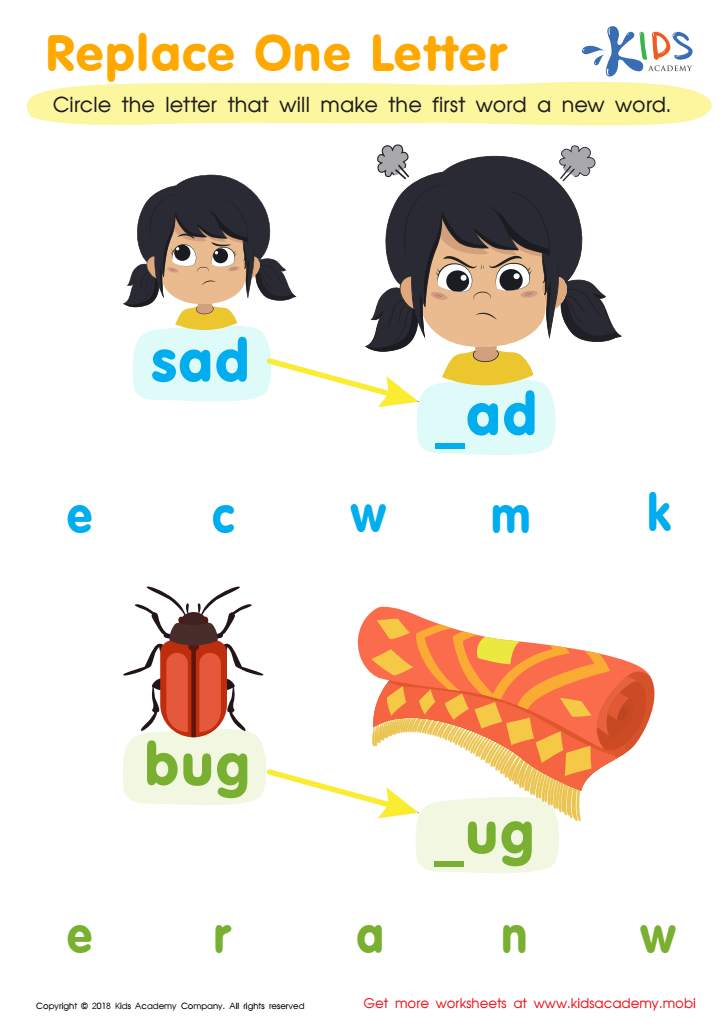

Replace One Letter Worksheet
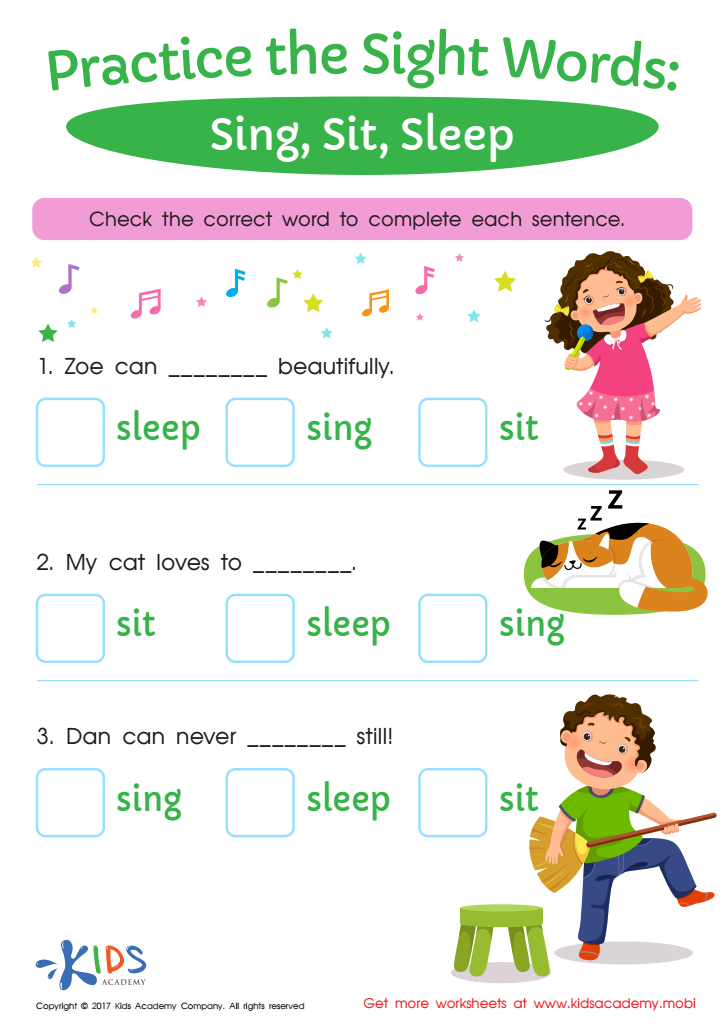

Sing, Sit, Sleep Sight Words Worksheet
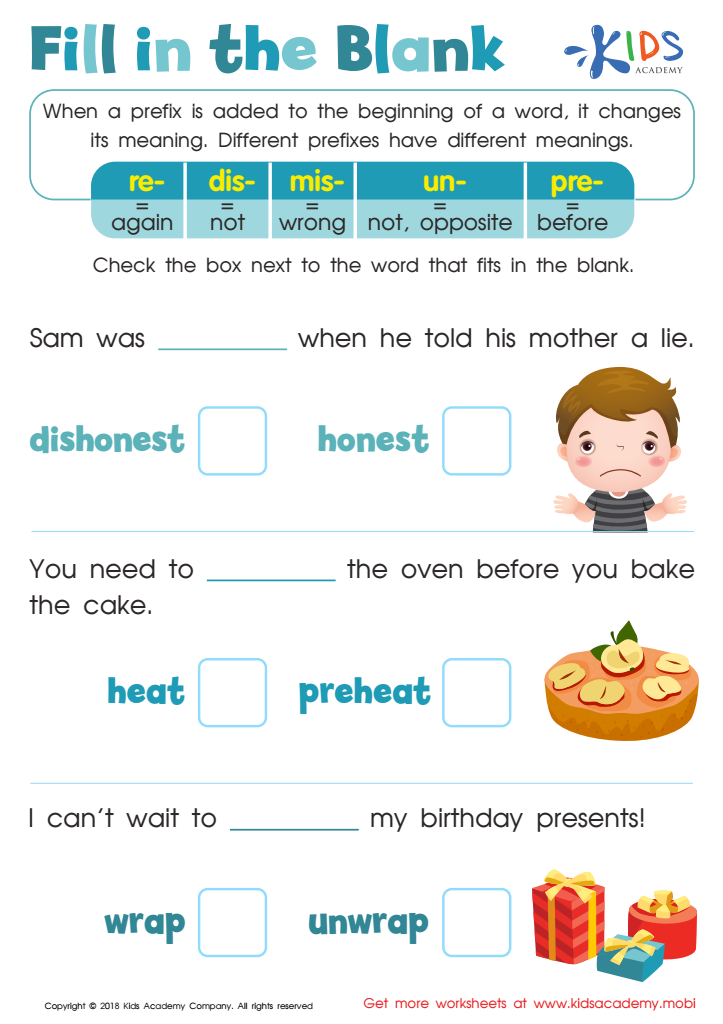

Reading: Fill in the Blank Worksheet
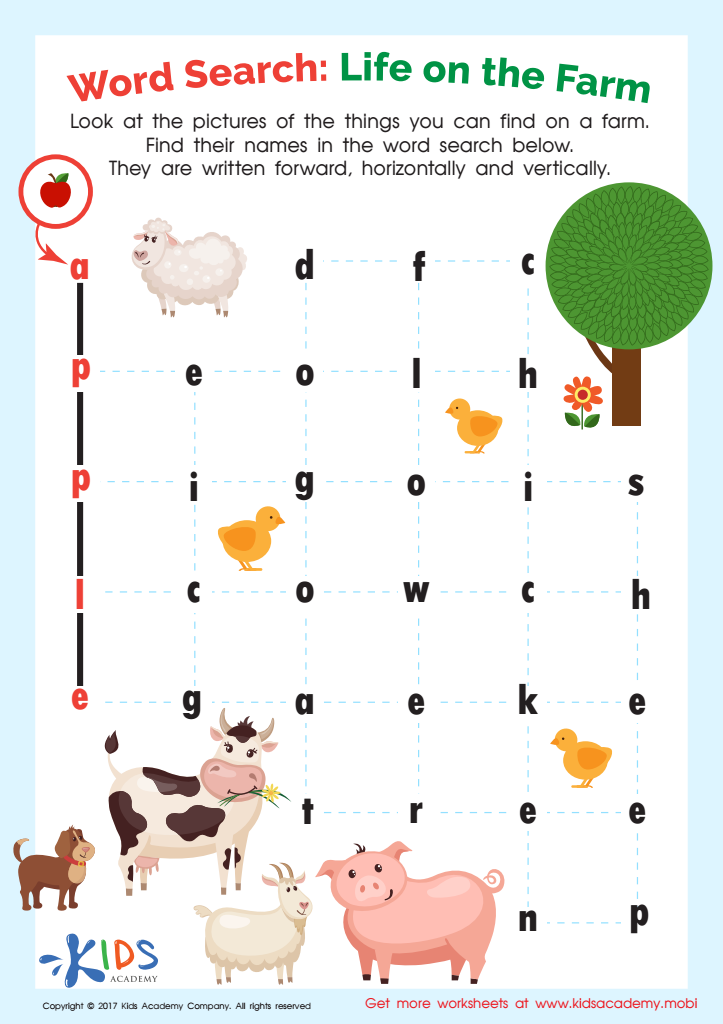

Word Search Puzzles Worksheet
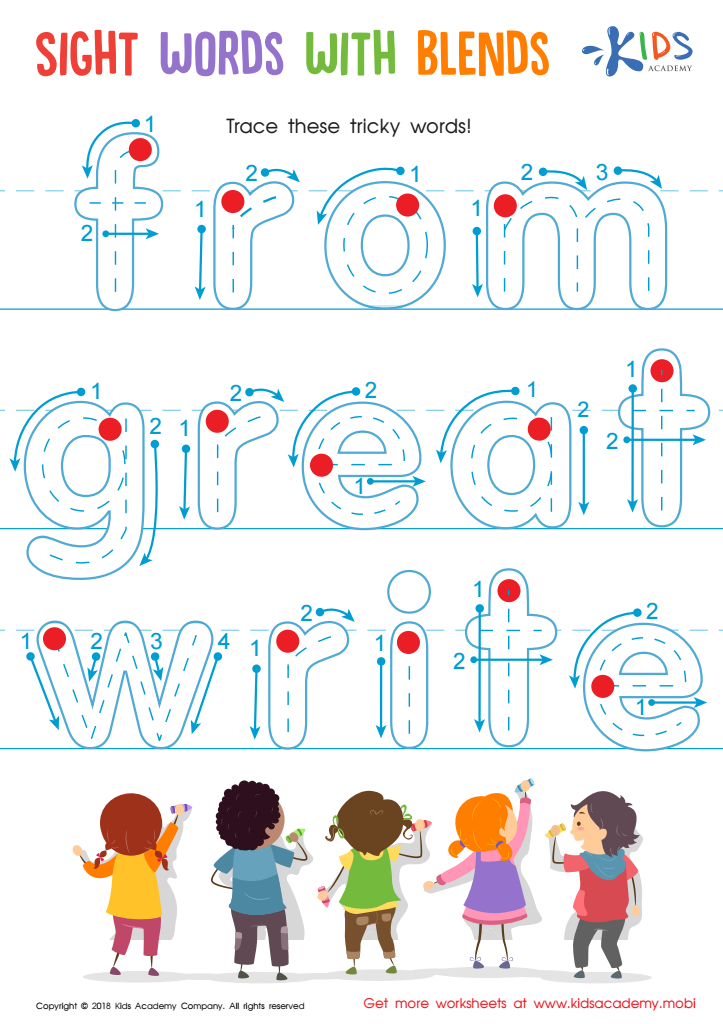

Sight Words with Blends Worksheet
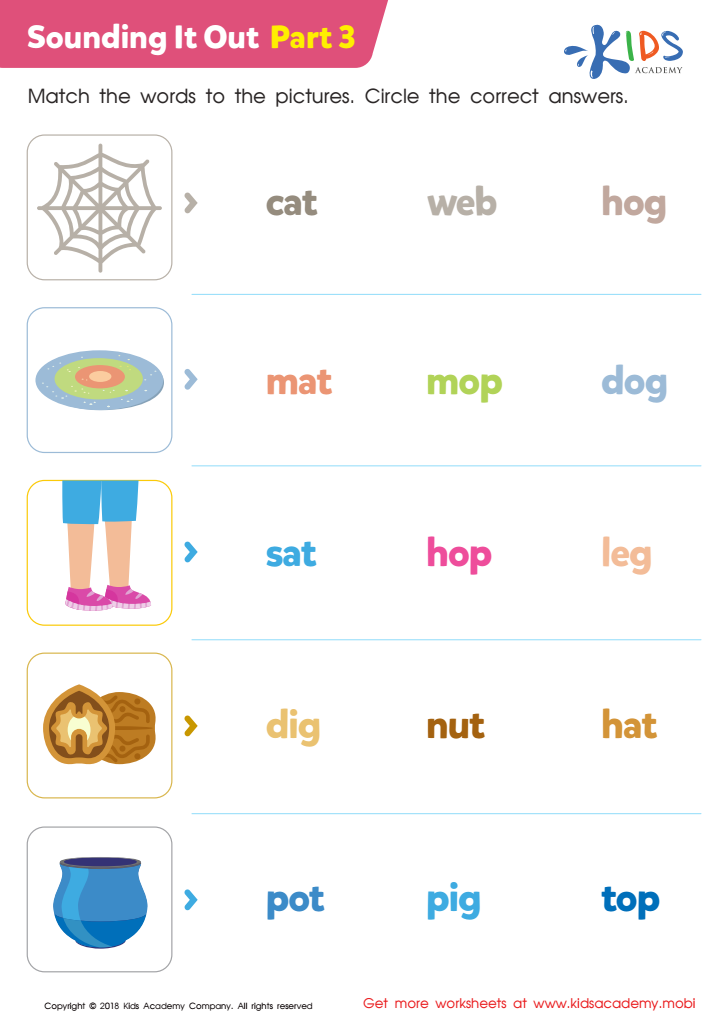

Sounding it Out: Part 3 Worksheet
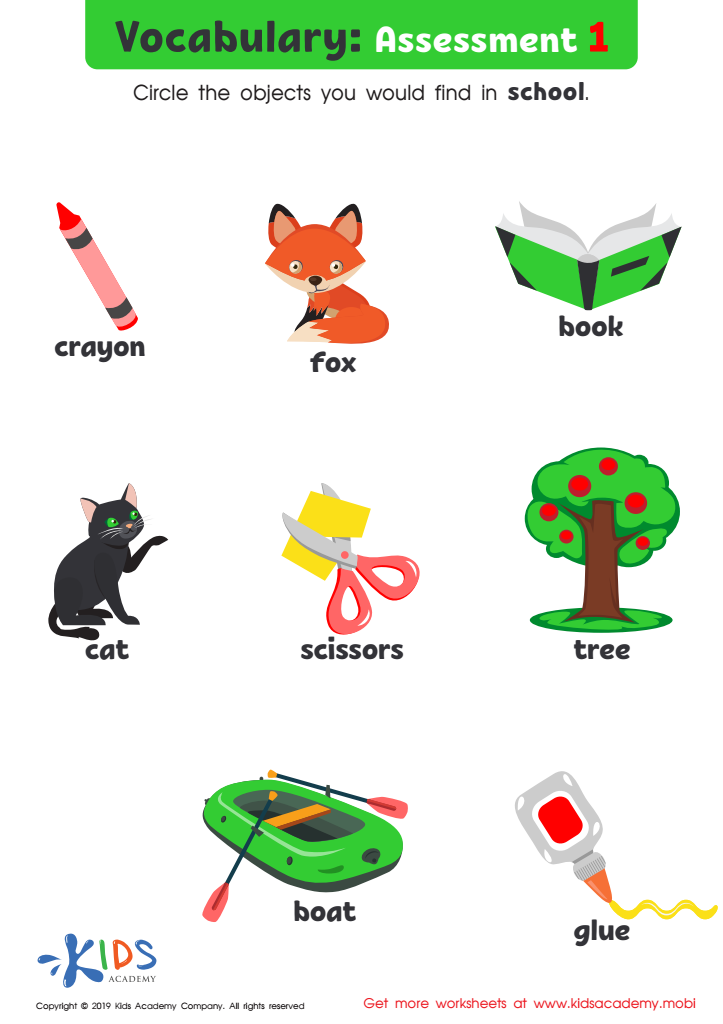

Vocabulary: Assessment 1 Worksheet
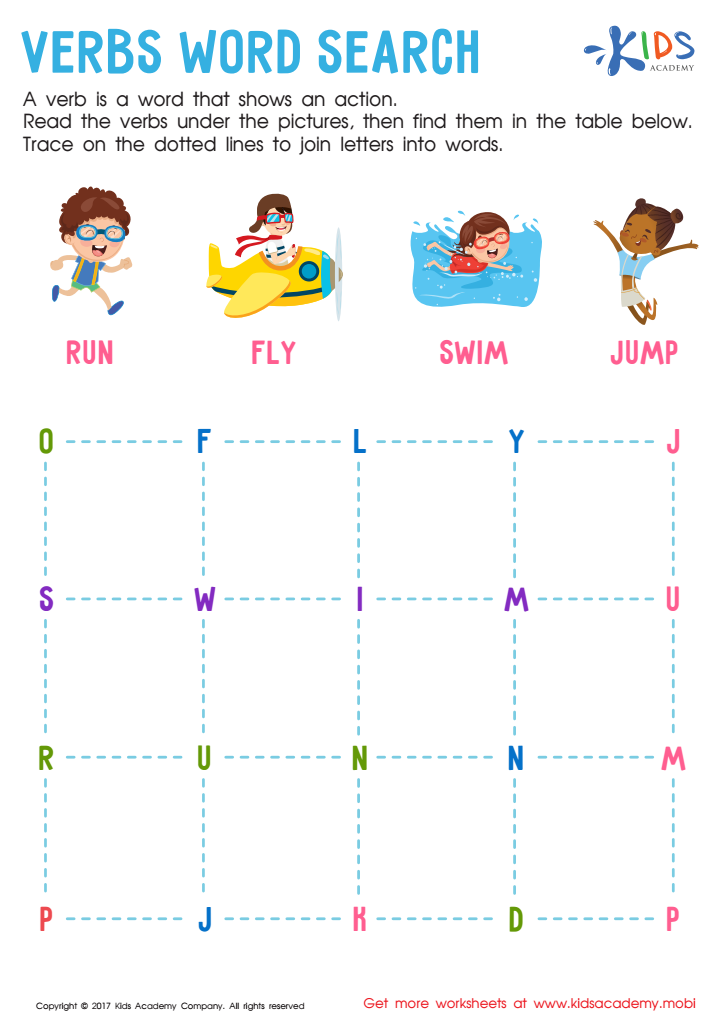

Verbs Word Search Worksheet


Short Vowel Eggs Worksheet
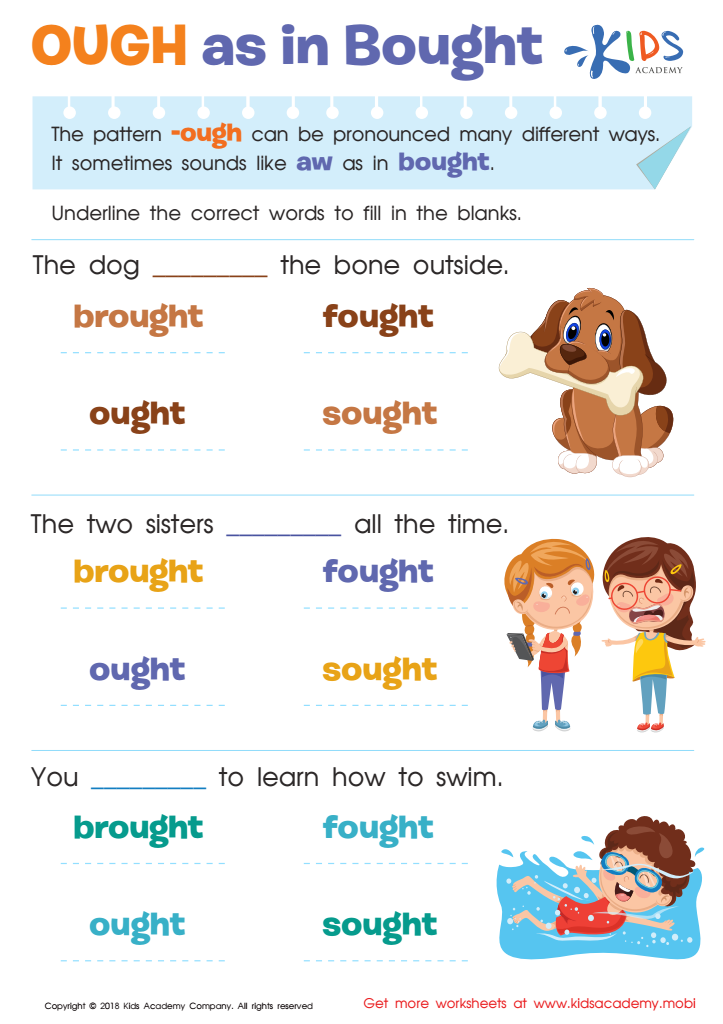

OUGH as in Bought Worksheet
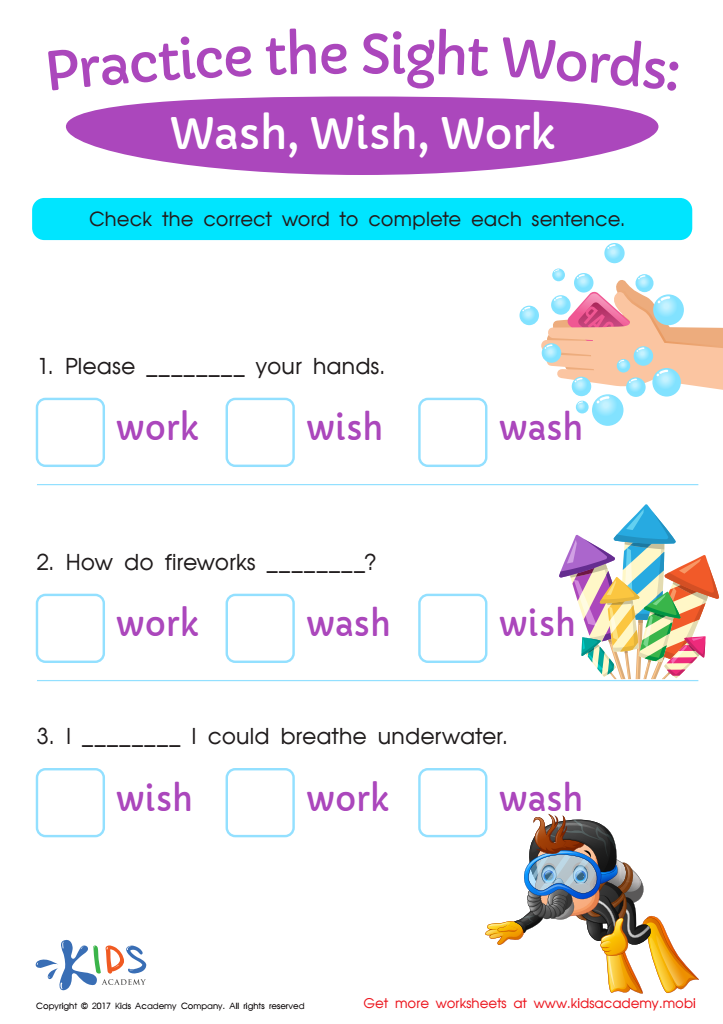

Wash, Wish, Work Sight Words Worksheet
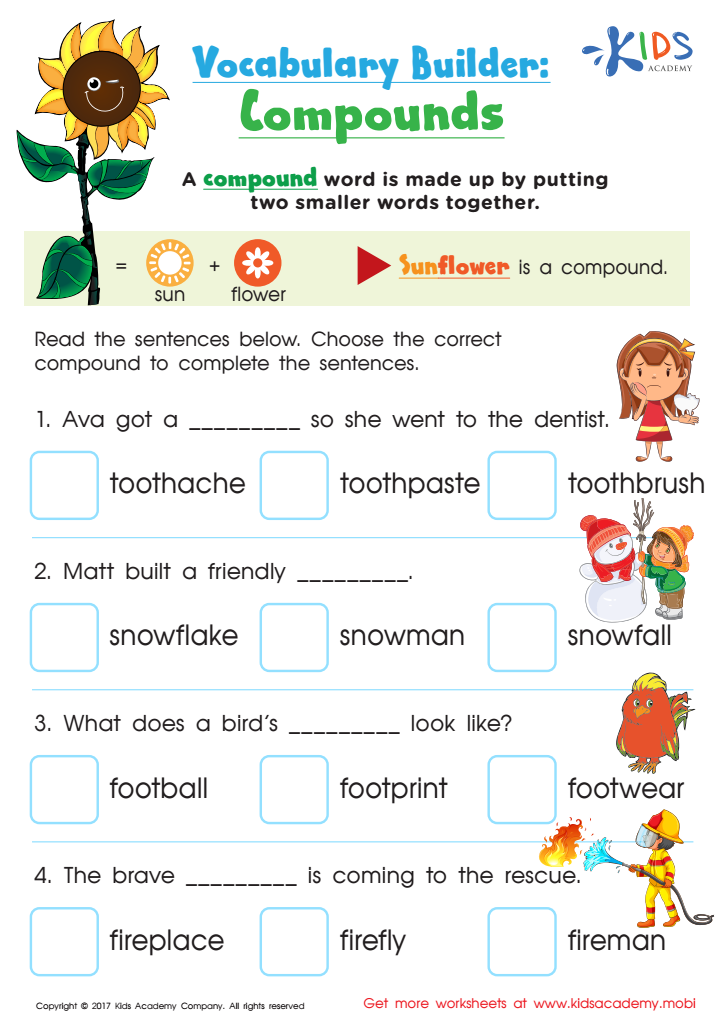

Compound Words Worksheet
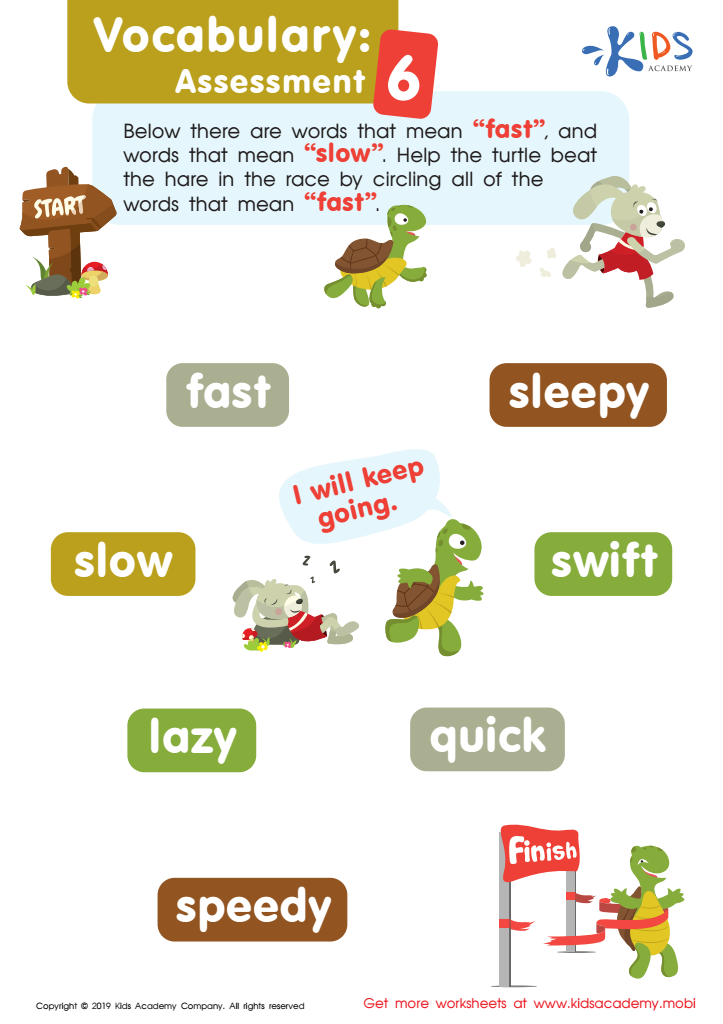

Vocabulary: Assessment 6 Worksheet
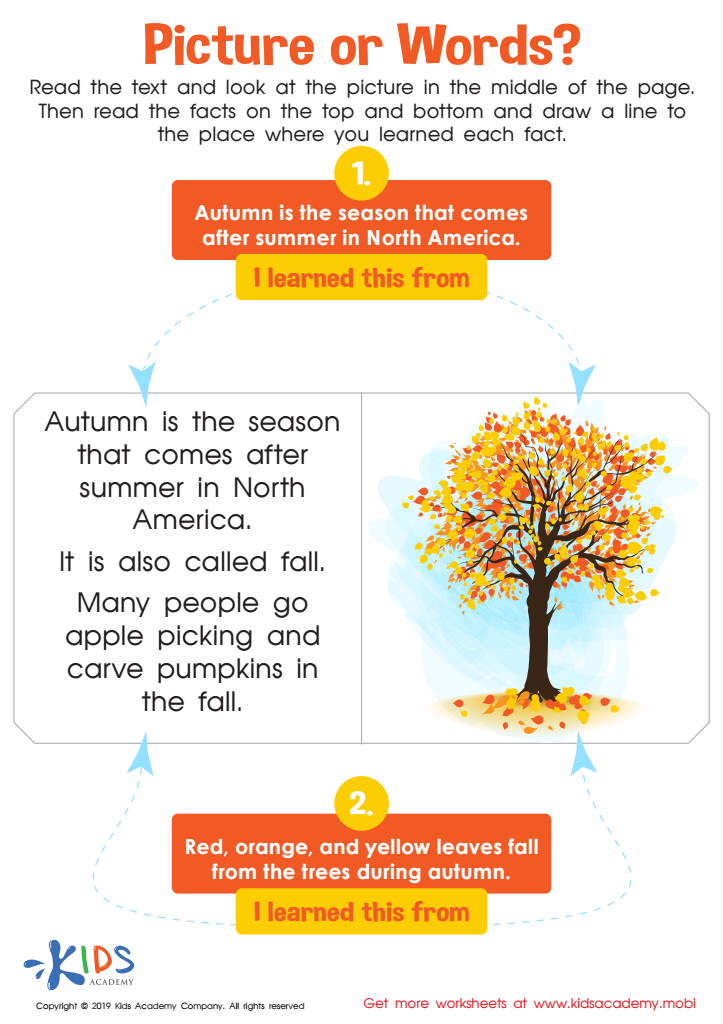

Picture Words Worksheet
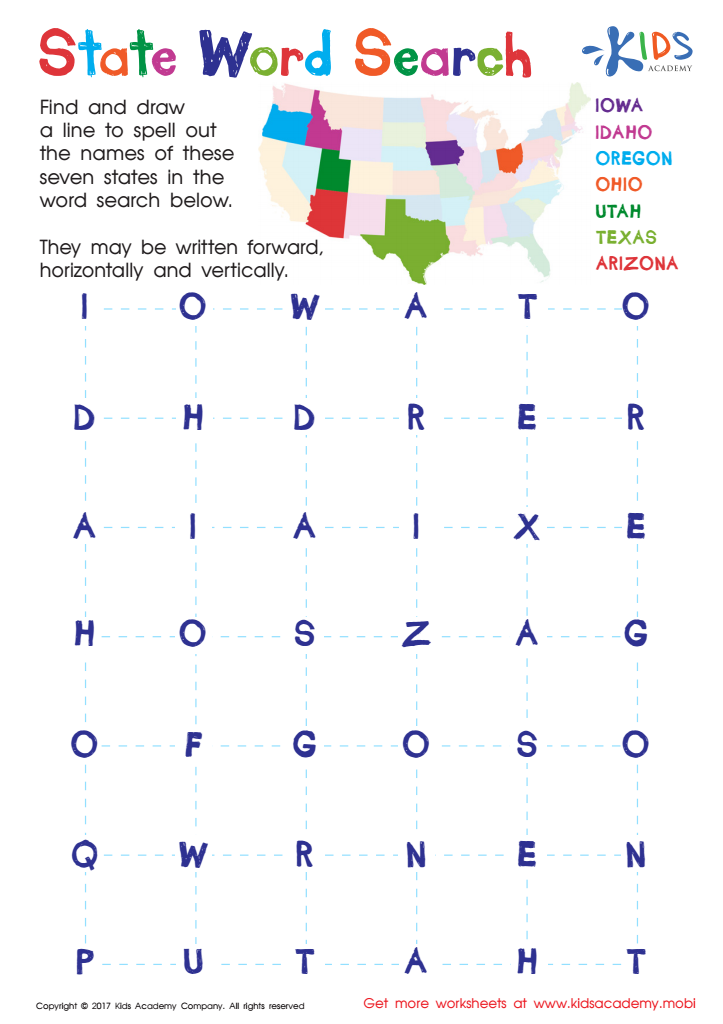

State Word Search Worksheet
Parents and teachers should prioritize spelling practice and vocabulary building for children aged 3-7 because these foundational skills play a critical role in their overall language development and academic success. At this formative stage, children's brains are highly receptive to learning new words, sounds, and patterns. Engaging in spelling practice helps them understand the relationship between letters and sounds, which is essential for decoding words during reading. This phonetic awareness supports smoother reading experiences, enhancing comprehension and fostering a love for reading from an early age.
Moreover, an expanding vocabulary equips children with a richer language toolkit to express their thoughts, emotions, and ideas more clearly. This enhances their communication skills and confidence in social interactions. Vocabulary development is also closely linked to academic performance since a robust vocabulary facilitates better understanding of instructions, concepts, and subjects across different areas of learning.
Interactive and playful spelling and vocabulary activities can capture children's interest and make learning enjoyable. These practices promote cognitive development by challenging memory and reasoning skills. As such, incorporating spelling and vocabulary-building exercises into early childhood education not only boosts literacy but also sets the stage for lifelong learning and intellectual curiosity.
Ultimately, investing in these early skills paves the way for children’s future success, both academically and socially.

 Assign to My Students
Assign to My Students
































